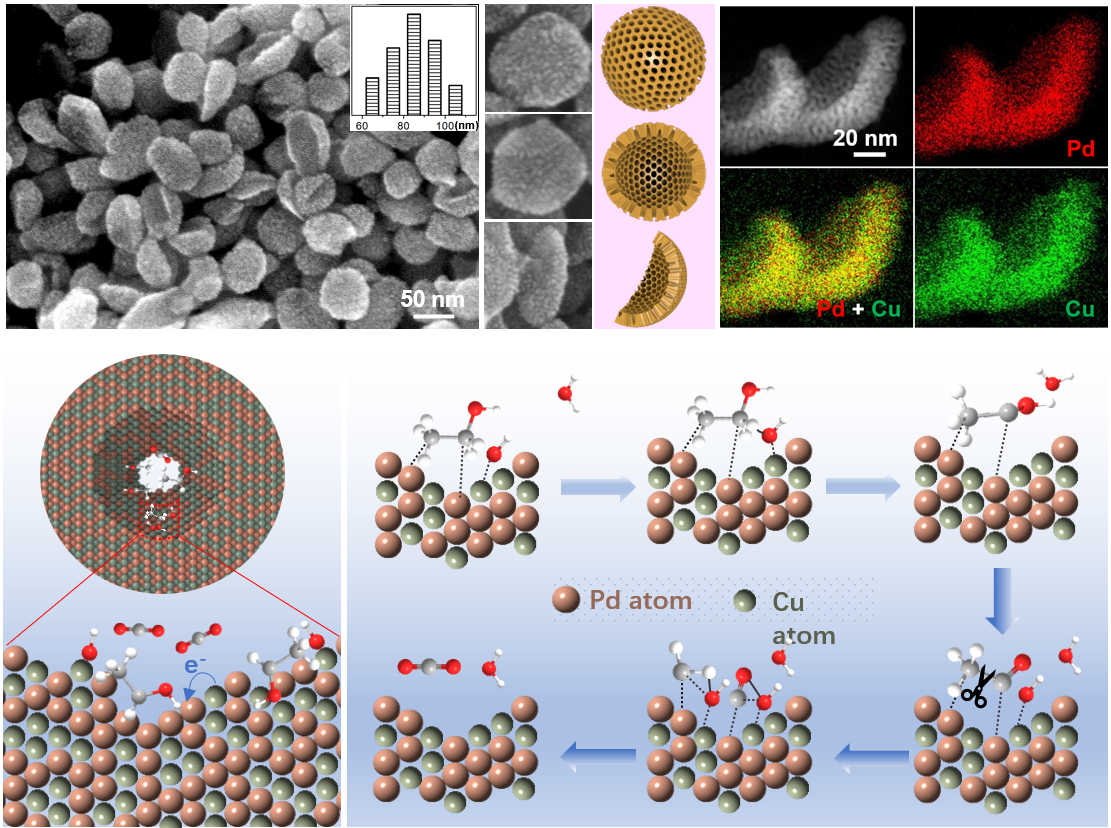Two-dimensional (2D) metals have been evoking a lot of interest in catalysis and electrocatalysis, owing to their intriguing physicochemical properties. Manipulating 2D metals with penetrated mesopores and good crystallinity is extending the design principle, which endows them with the highest utilization efficiency of the metals (particularly for precious noble metals) and the largest number of (electro)catalytically active sites, thereby enhancing (electro)catalytic activity and stability as well as selected filtration capability. Moreover, the creation of nanosized mesopores produces confined spaces for catalytic intermediates and optimizes electronic structure and coordination environment of metal sites, potentially tuning (electro)catalytic selectivity of mesoporous metal catalysts to more targeted products. Despite of being highly desirable, precise design and synthesis of 2D mesoporous metals with well-defined morphology/structure and good crystallinity is still a huge challenge.

Ben Liu group presented a bottom-up solution synthesis to prepare 2D mesoporous metals with highly curved nanoplate morphology, penetrated mesochannel, and quasi-single-crystalline structure that enabled the superior activity and stability with high C1 product selectivity for EOR electrocatalysis. In the synthesis, amphiphilic cetyltrimethylammonium chloride (CTAC) was utilized as the sacrificial mesopore-forming surfactant, while extra I- ion concurrently served as the structure/facet-selective agent.
This unprecedented type of curved SMPs highlighted the fascinating physicochemical properties of 2D mesoporous metals in macro/mesoscopic and even atomic levels. Serving as the electrocatalyst for EOR electrocatalysis, curved PdCu SMPs displayed excellent performance with a high mass activity, a remarkable stability, and a superior C1 product selectivity. To our knowledge, curved PdCu SMPs represented one of the most efficient EOR electrocatalysts compared with the-state-of-the-art catalysts materials reported previously.
This interesting work has been published on Advanced Materials entitled “Highly Curved, Quasi-Single-Crystalline Mesoporous Metal Nanoplates Promote C-C Bond Cleavage in Ethanol Oxidation Electrocatalysis”, link: https://doi.org/10.1002/adma.202203612. Prof. Ben Liu is the corresponding author and Hao Lv is the first author. Ben Liu thanks for the financial support from Sichuan University.
